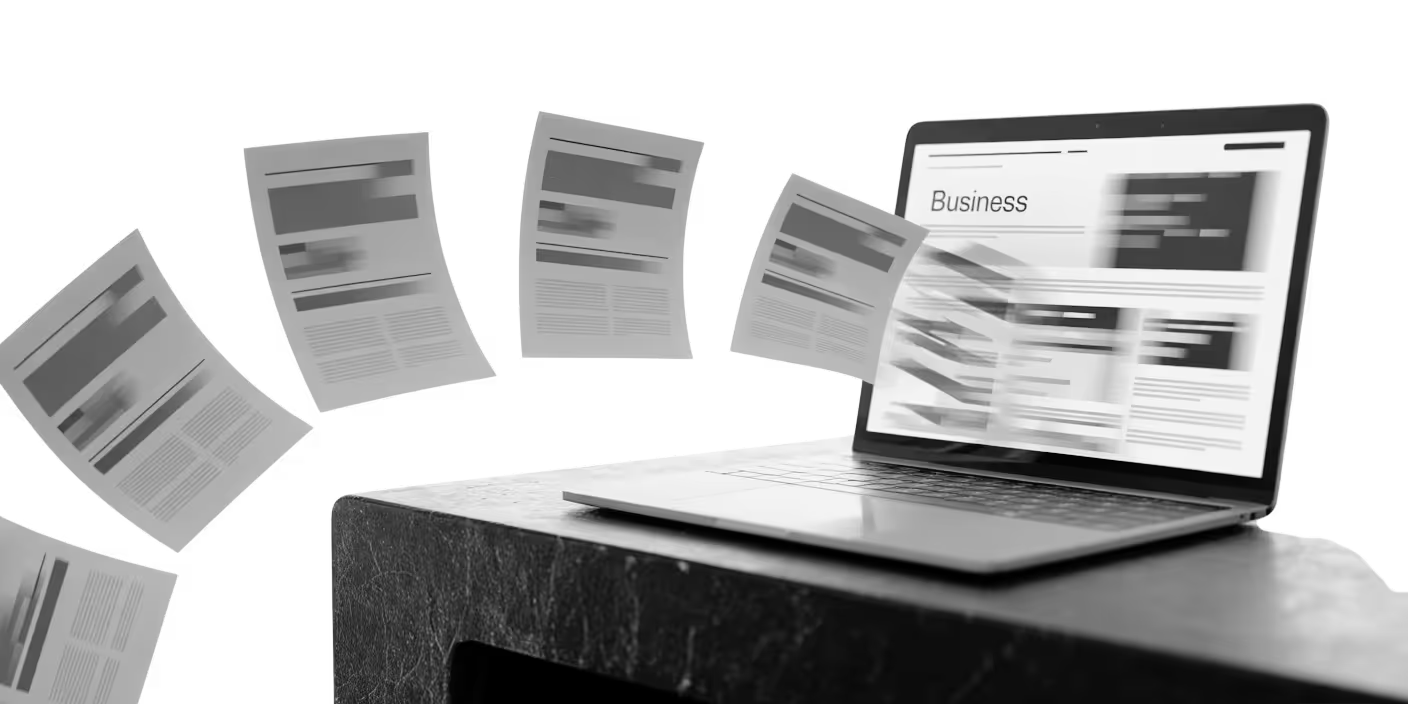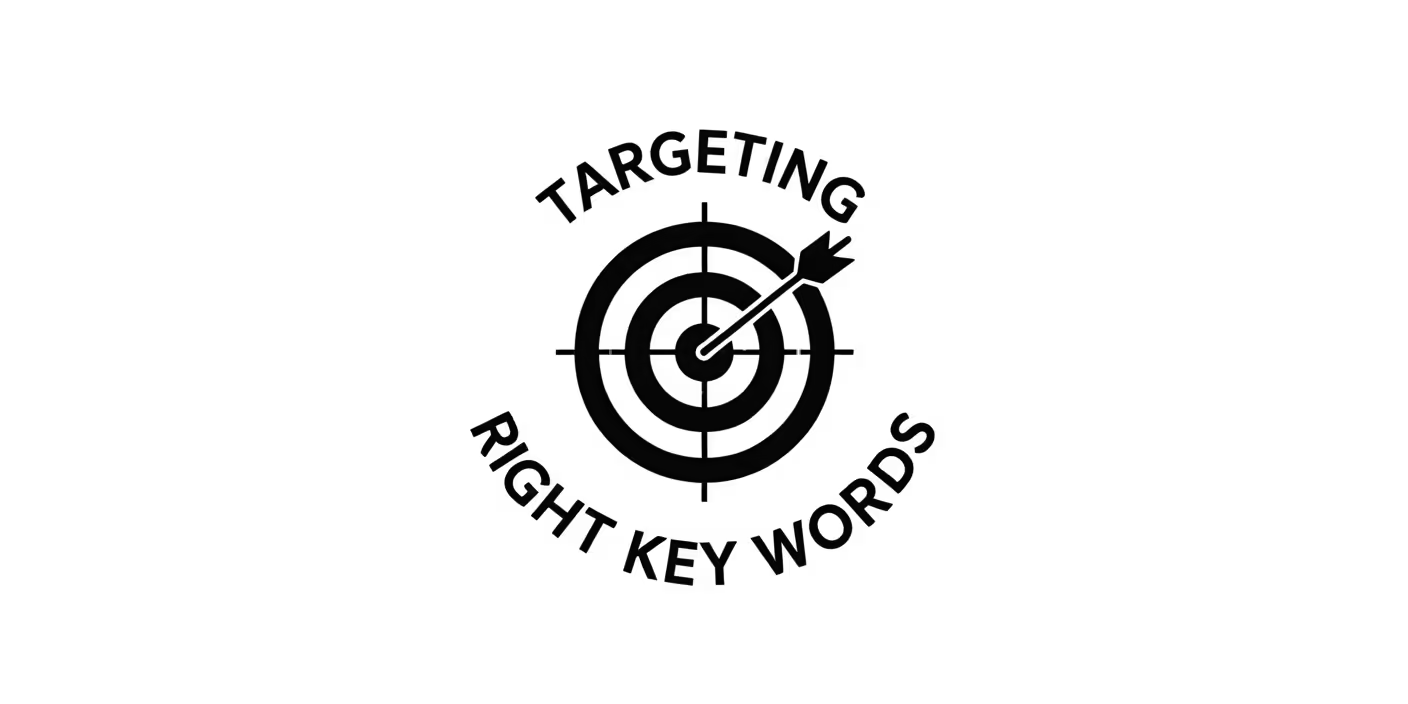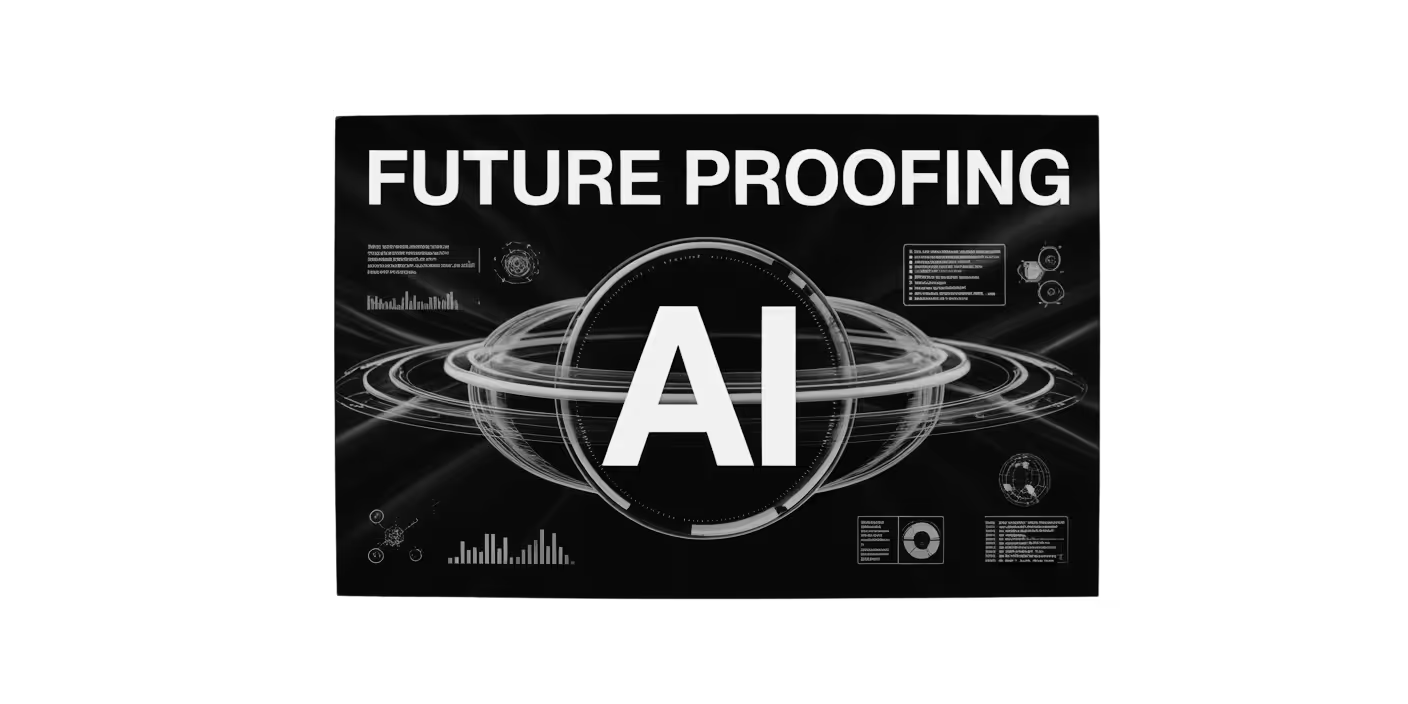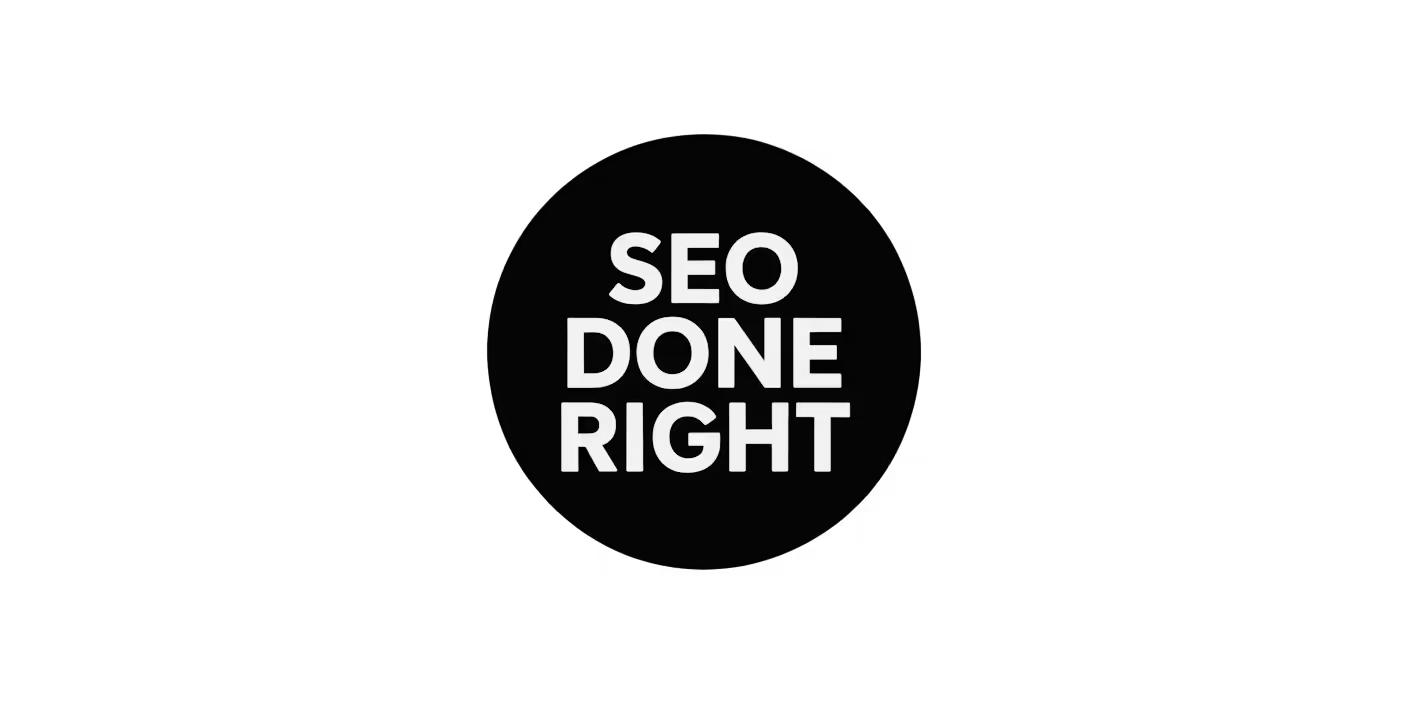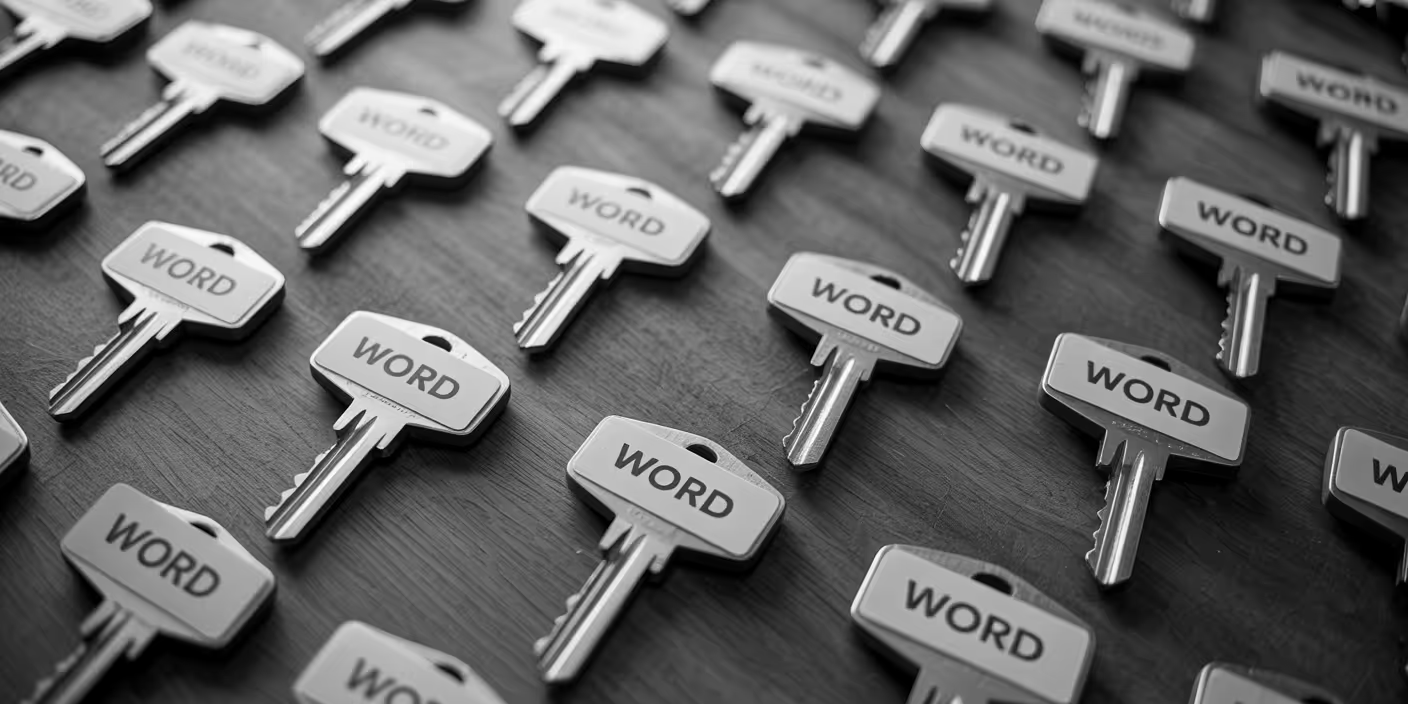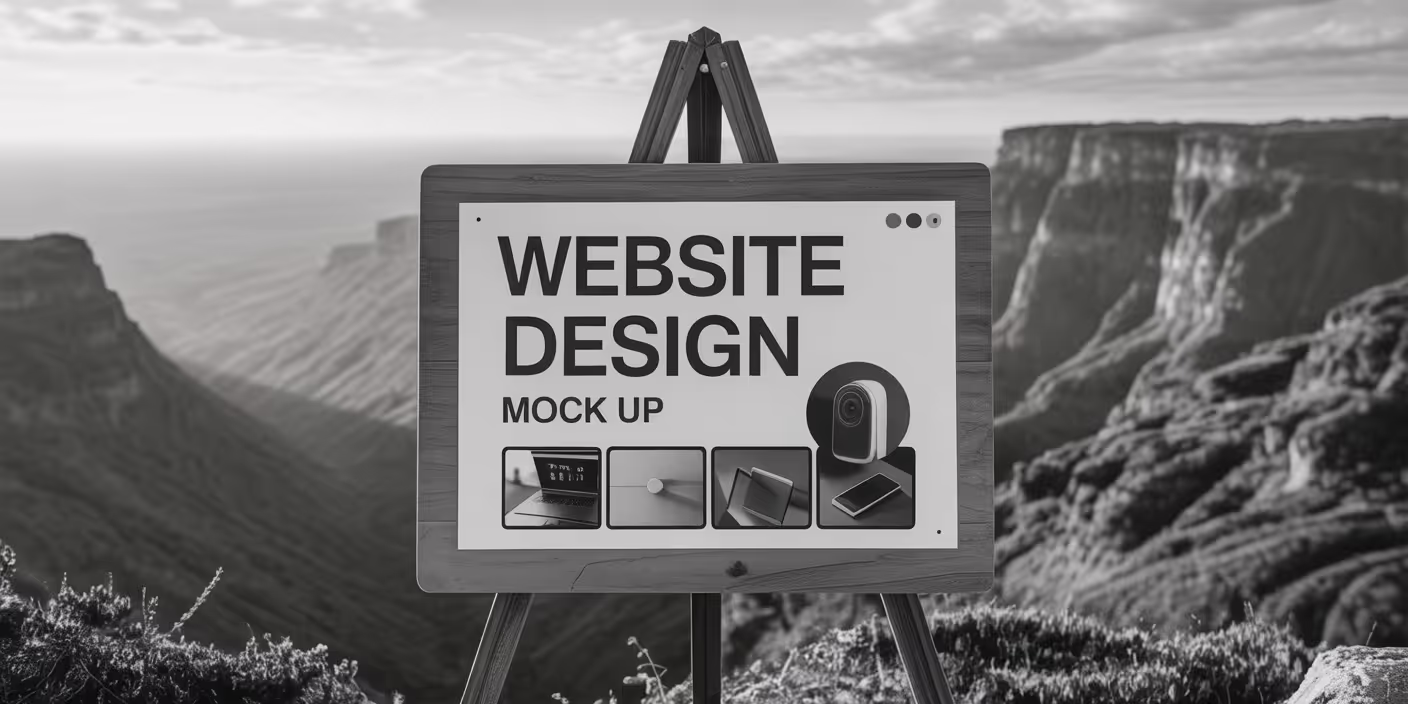Website design agency
Website designs ready for the age of AI search
The introduction of AI search has changed how people discover information and businesses online.
Rather than browsing multiple websites themselves, people now trust AI as a gatekeeper guiding them directly to valuable content. Experts predict AI will be the primary way of searching by Q4 2026.
To stand out, your site needs to both rank highly in traditional SEO and appear prominently in AI answers. That's where we come in.
We handle the design, copywriting, technical SEO and hosting so you attract high-quality traffic, enquiries and sales from your site. Everything you need from a single, trusted partner.


